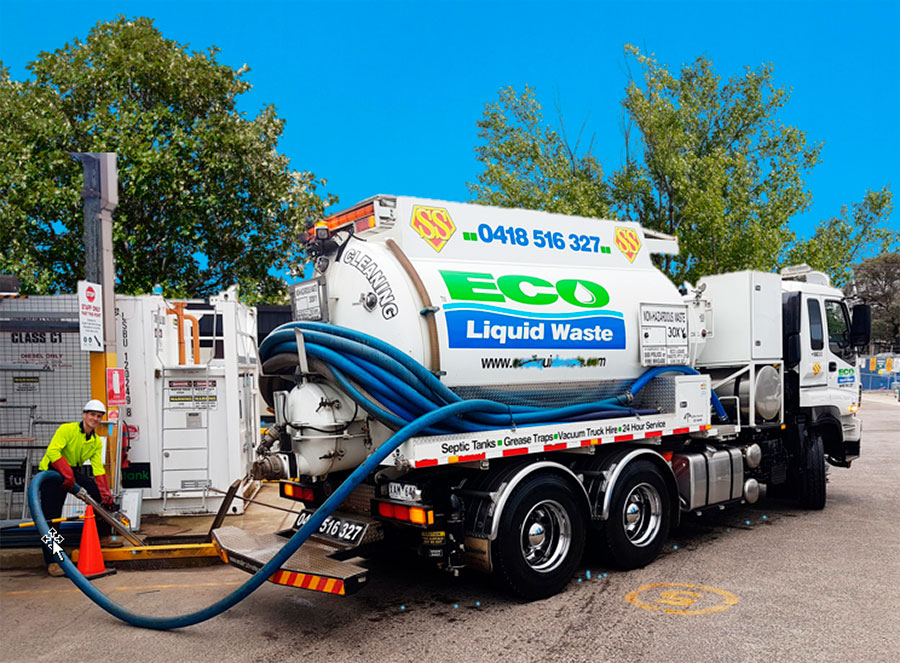Our Reclaim Waste Diaries
Table of ContentsExcitement About Reclaim WasteFacts About Reclaim Waste UncoveredThe 5-Minute Rule for Reclaim WasteThe Facts About Reclaim Waste Revealed3 Simple Techniques For Reclaim Waste
Residential sewer waste refers to the waste and products from a residential septic storage tank. The correct administration and disposal of residential sewage waste need fluid waste to be moved to a sewer treatment plant where the appropriate approaches and tools are applied to cleanse and dispose of waste.
Commercial waste frequently consists of possible risks, such as flammable products or a combination of liquid and strong waste products, and needs an advanced and in-depth disposal procedure. The disposal of industrial waste typically involves the filtration of waste before transportation to make sure safe and appropriate disposal. Hazardous waste is developed from results and drainage of commercial procedures and manufacturing.
This kind of waste can not use the exact same sewage management transportation or procedures as septic or commercial liquids. The industrial waste monitoring procedure calls for the inspection and screening of fluid waste prior to it goes through the disposal process (liquid waste disposal melbourne). Drainage waste is the fluid waste that originates from drainage and excess stormwater in highly inhabited areas or cities
Overflow waste can cause contamination and flooding if not handled appropriately. Making sure appropriate waste management can stop catastrophes and reduce ecological harm.
5 Simple Techniques For Reclaim Waste
Call PROS Services today to find out about our waste monitoring and disposal services and the appropriate ways to take care of the liquid waste you produce.
Do you understand what occurs to your water when you end, purge the bathroom or drain pipes the cleaning device? No? Well, it's worth recognizing. This supposed 'wastewater' is not only an essential source but, after therapy, will certainly be released to our land, rivers or the ocean. Made use of water from toilets, showers, bathrooms, kitchen area sinks, washings and industrial procedures is called wastewater.

water used to cool down machinery or tidy plant and equipment). Stormwater, a type of wastewater, is runoff that streams from farming and city areas such as roofs, parks, yards, roadways, courses and gutters right into stormwater drains pipes, after rainfall. Stormwater flows untreated directly to regional creeks he said or rivers, eventually getting to the sea.
Not known Incorrect Statements About Reclaim Waste
In Queensland, a lot of wastewater is dealt with at sewer treatment plants. Wastewater is delivered from residential or commercial websites through a system of sewers and pump stations, understood as sewage reticulation, to a sewage treatment plant. City governments develop, preserve and operate most sewer treatment plants. Operators are certified under the Environmental Security Act 1994 to discharge treated wastewater at an acceptable environmental requirement into waterways.
The Department of Natural Resources encourages regional governments regarding managing, operating and maintaining sewage systems and treatment plants. In unsewered areas, city governments might call for householders to install specific or house sewage treatment systems to treat residential wastewater from toilets, cooking areas, restrooms and laundries. The Department of Natural Resources authorizes making use of family systems when they are verified to be effective.
A lot of stormwater gets no treatment. In some brand-new communities, therapy of some stormwater to eliminate litter, sand and crushed rock has actually begun using gross contaminant catches. Wastewater treatment takes place in four stages: Removes strong issue. Bigger solids, such as plastics and other objects wrongly released to drains, are removed when wastewater is passed via displays.
Wastewater after that moves right into huge tanks where solids clear up and are removed as sludge. Oil and residue are skimmed from the surface area. Utilizes small living organisms referred to as micro-organisms to damage down and remove staying dissolved wastes and fine fragments. Micro-organisms and wastes are incorporated in the sludge. Eliminates nitrogen and phosphorus nutrients that can cause algal flowers in our rivers and threaten water life.
The 2-Minute Rule for Reclaim Waste
Nutrient elimination is not readily available at all sewer treatment plants since it needs pricey specialist tools. Clear fluid effluent created after treatment may still consist of disease-causing micro-organisms - liquid waste removal.

This typically implies wastewater has to be treated or contaminants gotten rid of before it can be discharged to rivers. A lot of wastewater streams right into the sewage system. Under the Act, regional governments carry out authorizations and licences for eco pertinent tasks (Ages) involving wastewater launches that might have a regional influence. The division carries out authorizations and licences to Ages including wastewater launches that might have a local or statewide influence.
The Greatest Guide To Reclaim Waste
Surveillance offers accurate info regarding water top quality and can validate that permit problems are being fulfilled. The information obtained through monitoring offers the basis for making water high quality decisions.
Comments on “The Reclaim Waste PDFs”